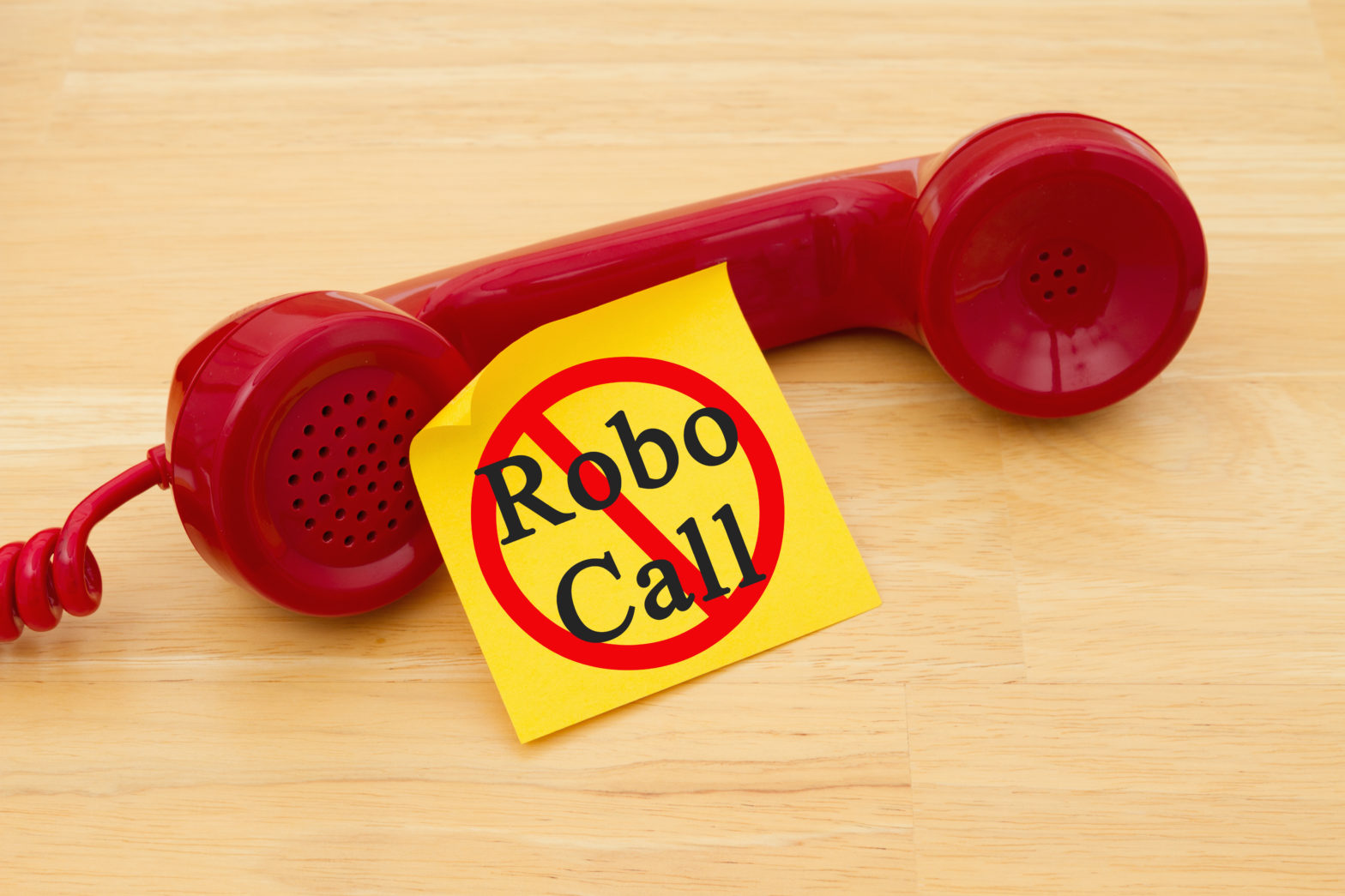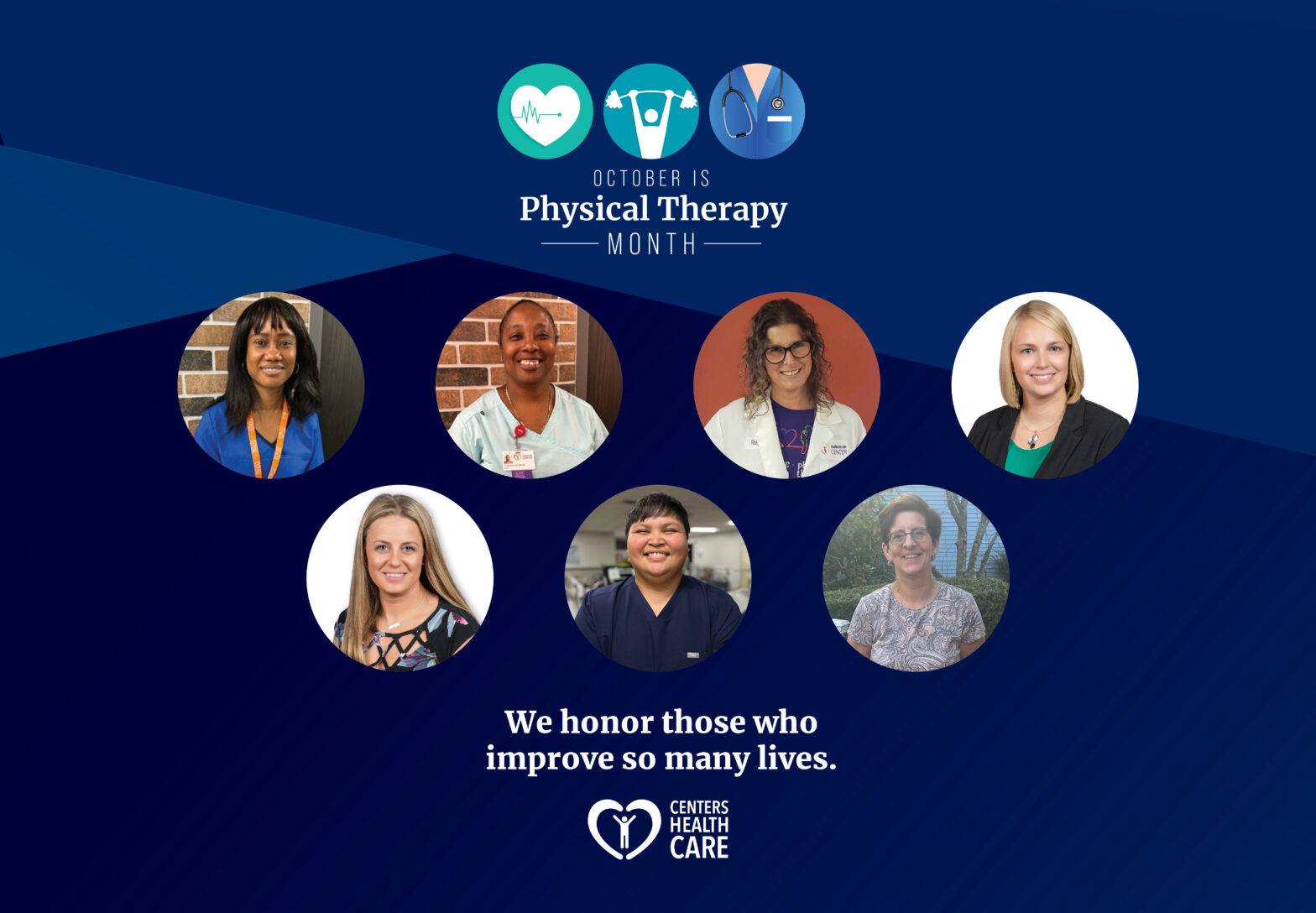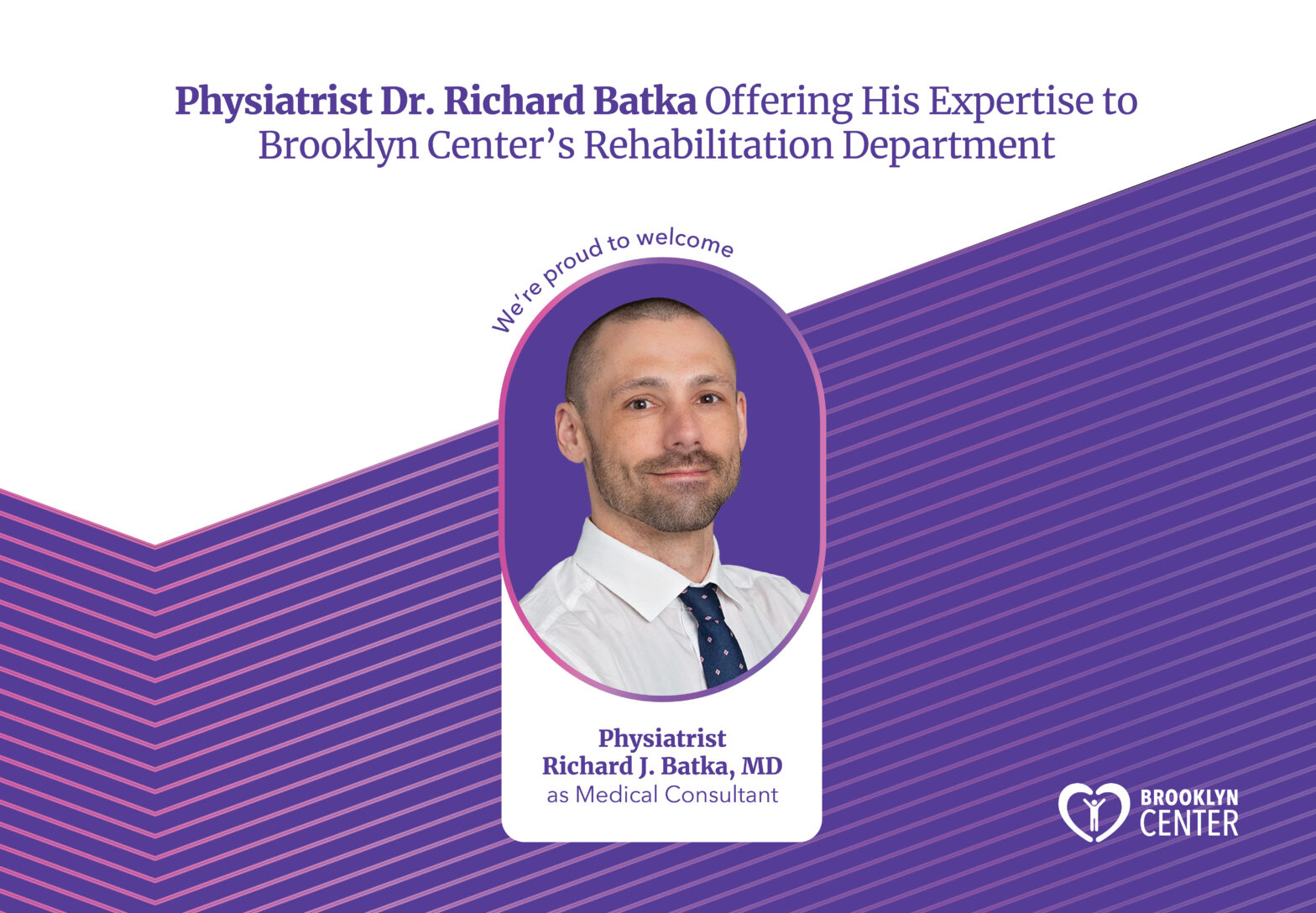July 09, 2022
New FCC Rules Should Make It Harder for You to Get a Robocall

It’s happened to all of us: our phone rings with a local number (it might even have some of the same digits as our own number). We answer it, and it’s either a robocall, telemarketer, or a potential scammer. Regardless, it’s a call we don’t want to receive or answer.
These callers are not from your local area, but they are using a technique called spoofing that allows them to pick a fake number in your area so you’re more likely to answer the call.
This practice, however, is now illegal thanks to a new rule from the Federal Communications Commission (FCC).
Centers Health Care explains what the new rules are and what you should do if you get a call like this.
What Is the New FCC Rule?
In 2021, the FCC forced large telecommunications companies to not allow this practice by implementing a technical procedure called STIR/SHAKEN. Its purpose is to verify that the caller ID on your phone shows where the number originates from.
Robocallers then moved their operations to smaller companies there were given more time to comply. But that time has come, as all telecom companies in the U.S. must be complying with this new rule as of June 2022.
What Should You Do if You Suspect This Happens to You?
Phone companies can block these types of calls before they can even reach you, and if you do get them, there are a number of steps you can take. You can block numbers on your device or check with your phone carrier to see if there are further caller ID options you can apply to your account.
The FCC also has a web page that goes over Call Blocking Tools and Resources, which you can access by clicking the link.


